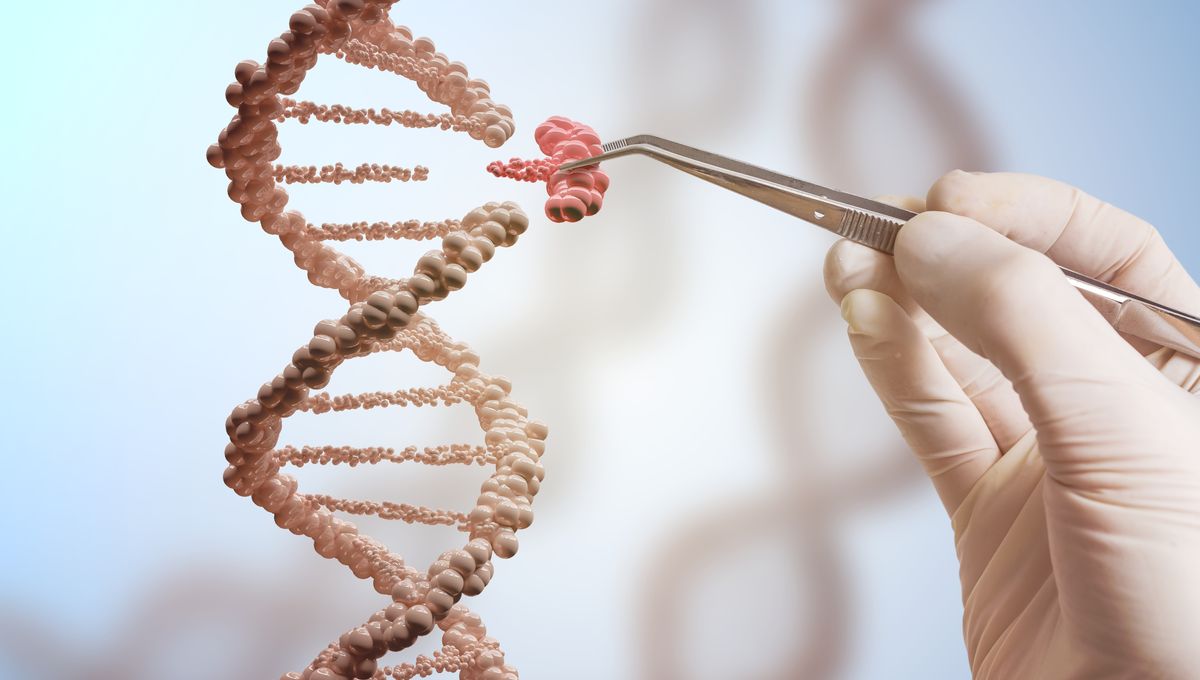
The world’s first CRISPR-based therapy has been approved by the UK medicines regulator, it was announced on Thursday. The pioneering treatment, which involves the much-lauded gene-editing method CRISPR, will target two blood conditions: sickle-cell disease and beta-thalassemia.
“This is a landmark approval which opens the door for further applications of CRISPR therapies in the future for the potential cure of many genetic diseases,” Kay Davies, a professor of anatomy at the University of Oxford, told the Science Media Centre.
According to an announcement from the medicine’s manufacturers, Vertex Pharmaceuticals and CRISPR Therapeutics, the treatment, called CASGEVY, has been authorized for certain sickle-cell disease or beta thalassemia patients aged 12 and up – around 2,000 people in the UK will be eligible to receive it.
It is thought that the US will soon follow suit, with the Food and Drug Administration expected to approve the therapy for sickle-cell patients in December and for beta-thalassemia patients next March.
Casgevy is based on the CRISPR-Cas9 gene editing system that revolutionized the field of genome engineering when its discovery was announced back in 2012. Since then, it’s been used in all manner of research, in our species and others, winning its developers a Nobel Prize in 2020.
“I am excited and a bit overwhelmed with emotion at the news of the approval of CASGEVY in the UK. Going from the lab to an approved CRISPR therapy in just 11 years is a truly remarkable achievement,” one of the system’s developers, Jennifer Doudna, said of the latest breakthrough.
“I am especially pleased that the first CRISPR therapy helps patients with sickle cell disease, a disease that has long been neglected by the medical establishment. This is a win for medicine and for health equity.”
Sickle-cell disease and beta-thalassemia are caused by errors in genes that code for hemoglobin – the protein in red blood cells that delivers oxygen to our tissues.
CASGEVY makes use of the CRISPR-Cas9 system to edit a gene called BCL11A, which normally prevents production of a type of fetal hemoglobin. In doing so, it disrupts that gene, meaning the hemoglobin, which is free of the abnormalities associated with sickle-cell disease and beta-thalassemia, can be produced.
When gene-edited cells are then infused back into patients, they mature into red blood cells that contain fetal hemoglobin, and therefore boost oxygen supply to the tissues and alleviate patients’ symptoms.
The treatment’s approval comes off the back of promising clinical trial results, which identified no serious safety issues. However, some experts have raised potential concerns.
“It is well known that CRISPR can result in spurious genetic modifications with unknown consequences to the treated cells,” Professor David Rueda of Imperial College London told the Science Media Centre. “It would be essential to see the whole-genome sequencing data for these cells before coming to a conclusion. Nonetheless, this announcement makes me feel cautiously optimistic.”
It’s also likely to cost a lot – a price has not yet been set in the UK – which, unfortunately, will limit its reach.
“The challenge is that these therapies will be very expensive so a way of making these more accessible globally is key,” Davies added.
Source Link: World First As UK Greenlights Landmark CRISPR Gene Editing Treatment